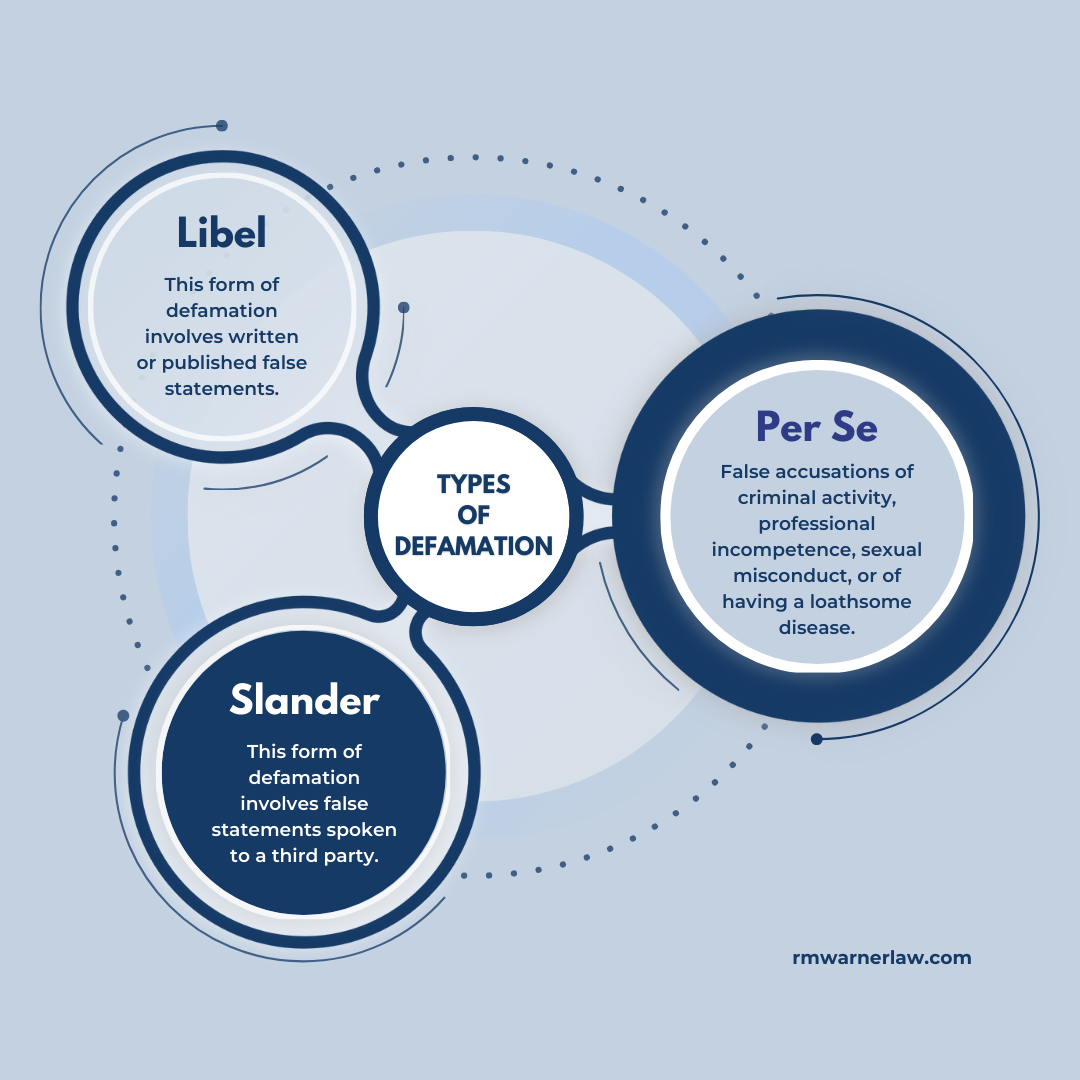How Do You Win a Defamation Lawsuit?
How Do You Win a Defamation Lawsuit?

In the dynamic world of business and entrepreneurship, maintaining a good reputation is crucial to your success. However, in today’s digital landscape, false statements can spread like wildfire and tarnish your image. When this happens, how do you win a defamation lawsuit?
Defamation is a harmful act that includes libel and slander. It can be detrimental to business owners, entrepreneurs, and e-commerce enterprises so working with a skilled defamation attorney is essential. Our blog today will provide a comprehensive guide to how to win a defamation lawsuit. We’ll define defamation, outline the types of defamation lawsuits, and shed light on how to prove it has occurred.
What Is Defamation?
Defamation refers to the publication of false statements that harm an individual’s or a business’s reputation and lead to damages. It comes in two main forms:
- Libel: This form of defamation involves written or published false statements, including articles, blog posts, social media posts, or any other written content that can be viewed by others.
- Slander: Slander encompasses spoken false statements or defamatory remarks communicated verbally to a third party.
Types of Defamation Lawsuits
Defamation lawsuits, often requiring expertise from a defamation attorney, are typically categorized based on the parties involved and the context of the alleged defamation. The primary types are:
- Defamation Per Se: Some statements are so inherently damaging that they are automatically considered defamatory. These statements include false accusations of criminal activity, professional incompetence, or sexual misconduct.
- Defamation Per Quod: Unlike defamation per se, these statements require additional context or explanation to understand their defamatory nature. For instance, a statement that implies financial impropriety would require further context to be considered defamatory.
- Public Figure Defamation: Public figures, including celebrities, politicians, and prominent business leaders, face a higher burden of proof in defamation lawsuits. They must demonstrate “actual malice,” proving that the false statement was made with reckless disregard for the truth – or with the intent to harm.
How to Prove Defamation
Proving defamation is crucial to succeed in a lawsuit. Here are the elements you need to establish, with the guidance of a defamation attorney, to demonstrate that defamation has occurred:
- False Statement: The first step is proving the statement is false. Truth is considered an absolute defense in defamation cases.
- Publication: You must show that the false statement was communicated to at least one third party, making it accessible to an audience beyond the involved parties.
- Identification: If the false statement is not directly about you or your business, you must demonstrate that it refers to you implicitly or that readers or viewers can easily identify you as the subject.
- Harm to Reputation: You must establish that the false statement has caused significant harm to your reputation, either personally or professionally. Quantifiable damages, such as financial losses or lost business opportunities, can strengthen your case.
- Lack of Privilege: If the person making the statement holds a privilege, such as legal or fair comment privilege, you need to prove that their actions fall outside the scope of that privilege.
Your Arizona Defamation Attorneys
Defamation can wreak havoc on a business’s reputation; however, understanding the nature of defamation and the process of proving it can safeguard your image and help you seek justice.
In this increasingly digital age, protecting your reputation is crucial. By staying informed and acting swiftly, you can preserve your hard-earned reputation and thrive in the competitive world of business and entrepreneurship.
If you believe you’ve been a victim of defamation, consult the experienced defamation attorneys at RM Warner Law to assess your case and explore the best course of legal action.
Call us toll-free at 1-866-570-8585 or complete our online contact form to schedule a consultation about your defamation case.
Similar like this
You also might be interested in
Legal Strategies for Protecting Your E-commerce Business’s Intellectual Property
Your e-commerce business is more than just products and services [...]
The Importance of an E-commerce Lawyer for Online Businesses
Running an online business is exciting but comes with many [...]
The Role of Terms and Conditions in E-commerce: Why You Need a Lawyer
Strong terms and conditions aren’t just formalities—they’re your shield against [...]
What is The Statute of Limitations in My State? – State Defamation Law Chart
The statute of limitations sets the time frame within which [...]






